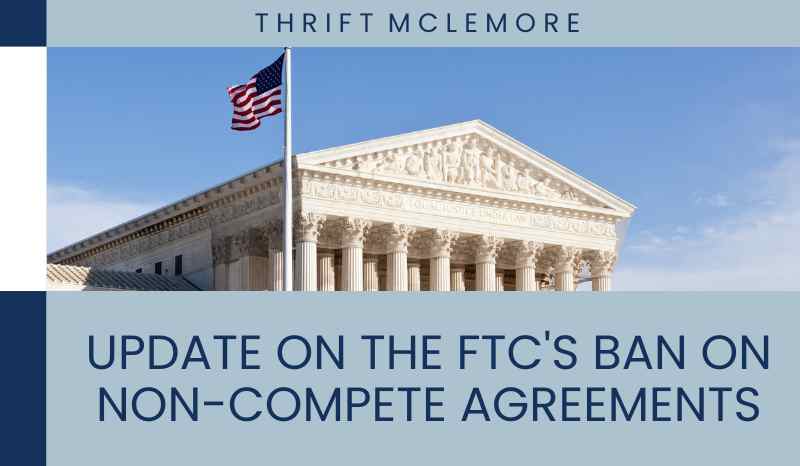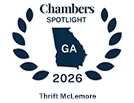In our recent post, “The FTC Banned Non-Competes: What This Means for You,” we explored the Federal Trade Commission’s (FTC) sweeping new rule banning non-compete agreements. This rule was set to shake up the workplace.
Since then, there’s been a major development that might affect how this rule plays out.
What happened?
On June 28, 2024, the U.S. Supreme Court overruled a long-established precedent in administrative law known as the Chevron doctrine. This decision will have far-reaching implications, some of which may impact your business.
The Chevron doctrine was established 40 years ago. It allowed courts to give federal agencies like the FTC leeway when interpreting unclear laws. If a law was ambiguous, agencies could make their own interpretation, and courts usually accepted those interpretations if they seemed reasonable.
With the overruling of the Chevron doctrine, courts will no longer defer to how administrative agencies interpret ambiguous statutes. Instead, courts will have more freedom to interpret laws without having to give special deference to an agency’s interpretation.
Impact on the FTC’s Non-Compete Ban
The Supreme Court’s decision means that the FTC’s recent ban on non-compete agreements might face more scrutiny in the courts. Without the Chevron doctrine’s protection, the rule could be challenged, delayed, or even overturned.
This means that implementing the FTC’s ban might be more complex than initially anticipated.
What Else the Decision Means for Business Owners
This ruling affects everyone who relies on agencies and their interpretations of the statutes that impact everyday business decisions. Business owners will start to see more inconsistent rulings because not every court will have the same interpretation of a law.
Consider the following scenario:
John owns and operates a clothing manufacturing company. As such, he must ensure that any chemicals or toxins emitted comply with Environmental Protection Agency (EPA) regulations.
If the statutes governing these regulations are ambiguous, John could previously take solace in the fact that courts often deferred to the EPA’s interpretation of that language.This meant John had a clearer picture of what standards his company had to meet to avoid litigation or potential fines.
Now, courts will interpret ambiguous statutes, and they may interpret them differently. This means John faces heightened uncertainty as to the standards he must meet to avoid increased litigation and recurring fines.
Our Team is Here to Help
The recent changes in administrative law, coupled with the FTC’s rule on non-compete agreements, present new challenges and potential opportunities for business owners.
Our experienced business law attorneys are well-versed in these developments and are here to help you adapt. Schedule a consultation today to stay ahead of these changes and ensure your business is prepared.







